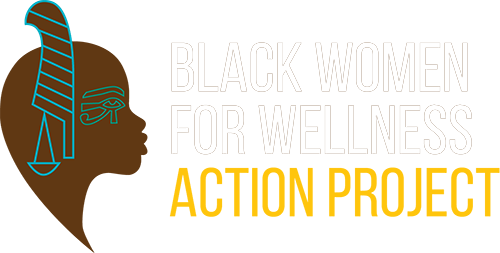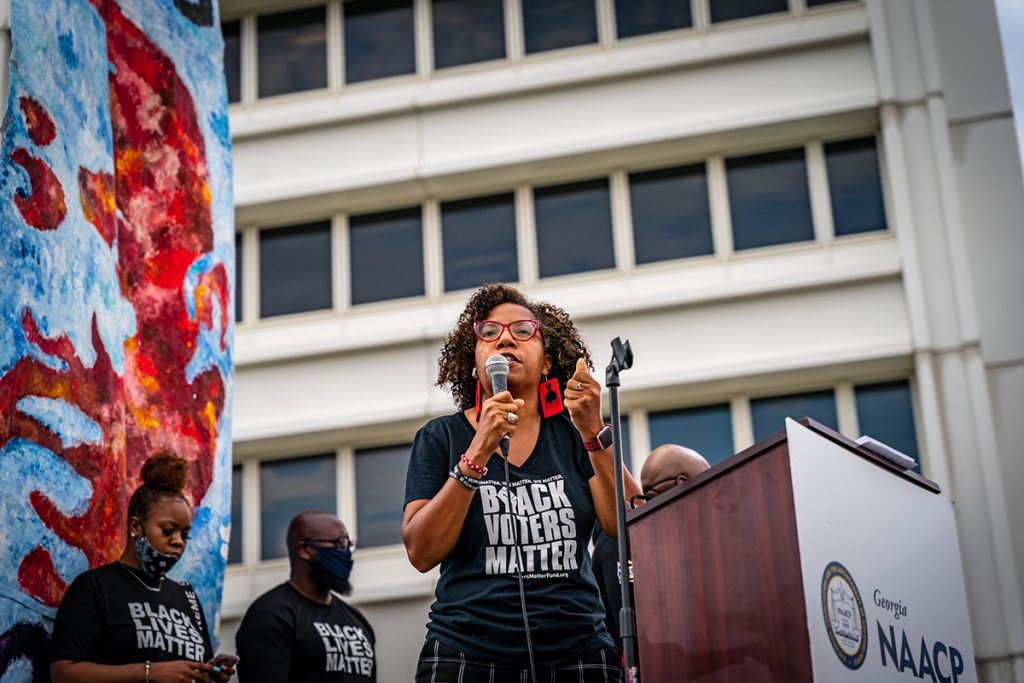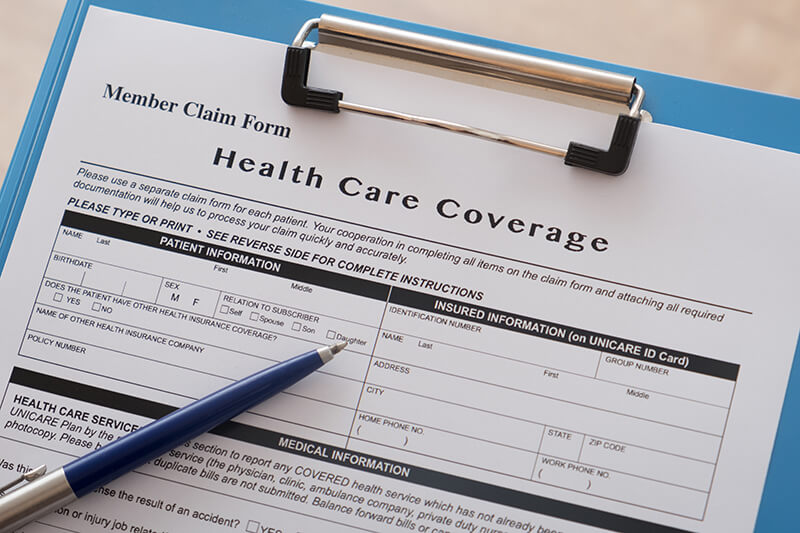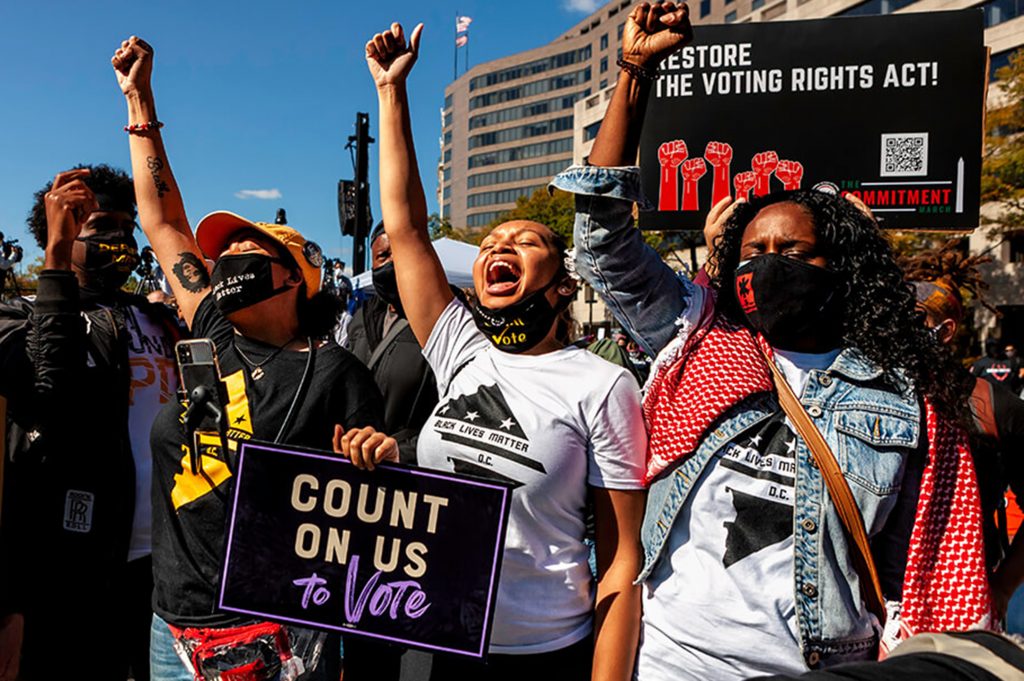SB 65 (Nancy Skinner)
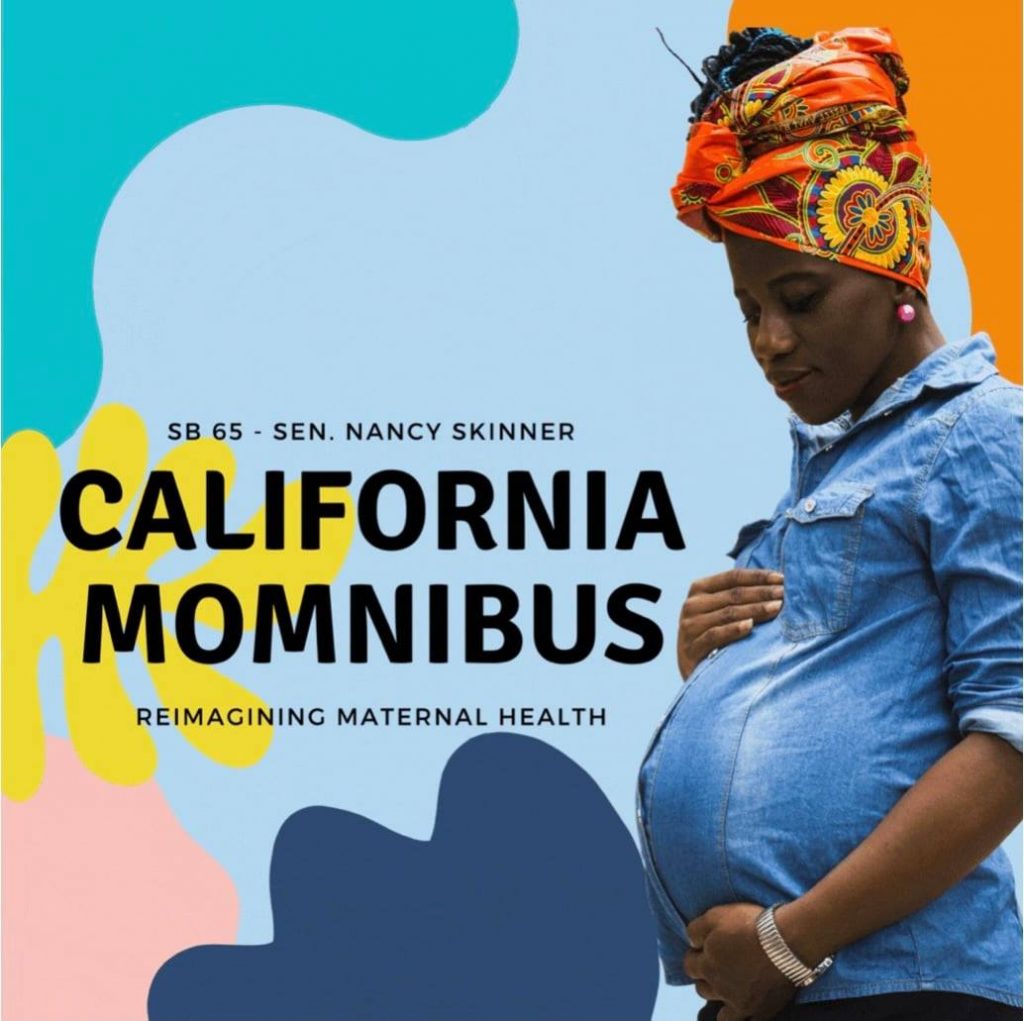
Why this matters
Black women face unacceptably high rates of maternal mortality. Black mothers across the U.S. (including here in California) are more than three times as likely to die from pregnancy-related complications as white women, and this holds true across incomes and education levels. While all women giving birth in the U.S. face poorer health outcomes than people in similarly developed nations, Black women and infants persistently experience the worst morbidity and mortality rates. This is unconscionable, and complex. Previously, BWWAP passed a bill to require hospital staff to be trained on implicit bias– one obstacle Black women commonly face when accessing health care– but pregnant women need a full range of services to support them throughout pregnancy, during delivery, and after giving birth.
What our bill does
We have put together a comprehensive legislative packet aimed at reducing maternal mortality and morbidity as well as expanding and redefining maternal healthcare in California. The package includes:
- Expanding full spectrum doula coverage in MediCal
- Extending Postpartum coverage in Medi-Cal
- Codifying and expanding California’s Maternal Mortality Review Board
- Updating Fetal and Infant Maternal Investigation
- Expanding access to midwifery programs
- Universal Income for low and middle-income pregnant people
- Updating data collection on mortality and morbity experienced in Lesbian, Trans and Gender Non-Confirming communties
- Reviewing climate impact on birthing outcomes
- Requiring recommendations to close racial disparity gaps
Legislative Victory
We are thrilled to share that this bill was signed into law on October 4, 2021. Much of the funds needed to implement our proposed policy changes were also included in the California state budget signed by Governor Newsom in July 2021. This is a historic step forward in the fight for reproductive justice, and we thank the Governor, Senator Skinner and her staff, and the many advocates and community partners who worked hard alongside BWWAP to make this happen. We look forward to continuing to build on this success.
Right after the bill was signed, our team went to work reaching out to and educating folks who might benefit. We are spending the last months of 2021 knocking doors and calling women and families to make sure they know about the new law. Find out more about Momnibus benefits and our outreach campaign.
You can learn more about this by watching the Governor’s virtual bill signing ceremony (featuring BWWAP’s Executive Director, Nourbese Flint!), reading our Op-Ed in CalMatters, and in our press release.
